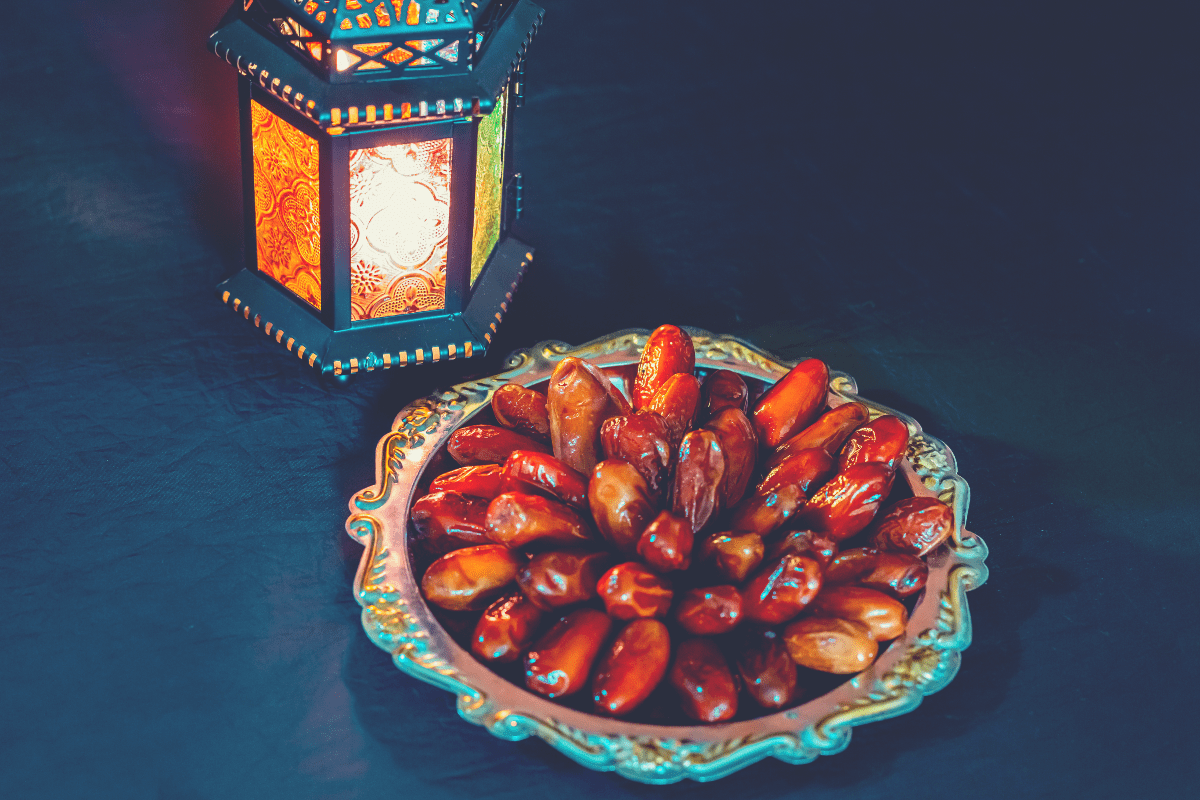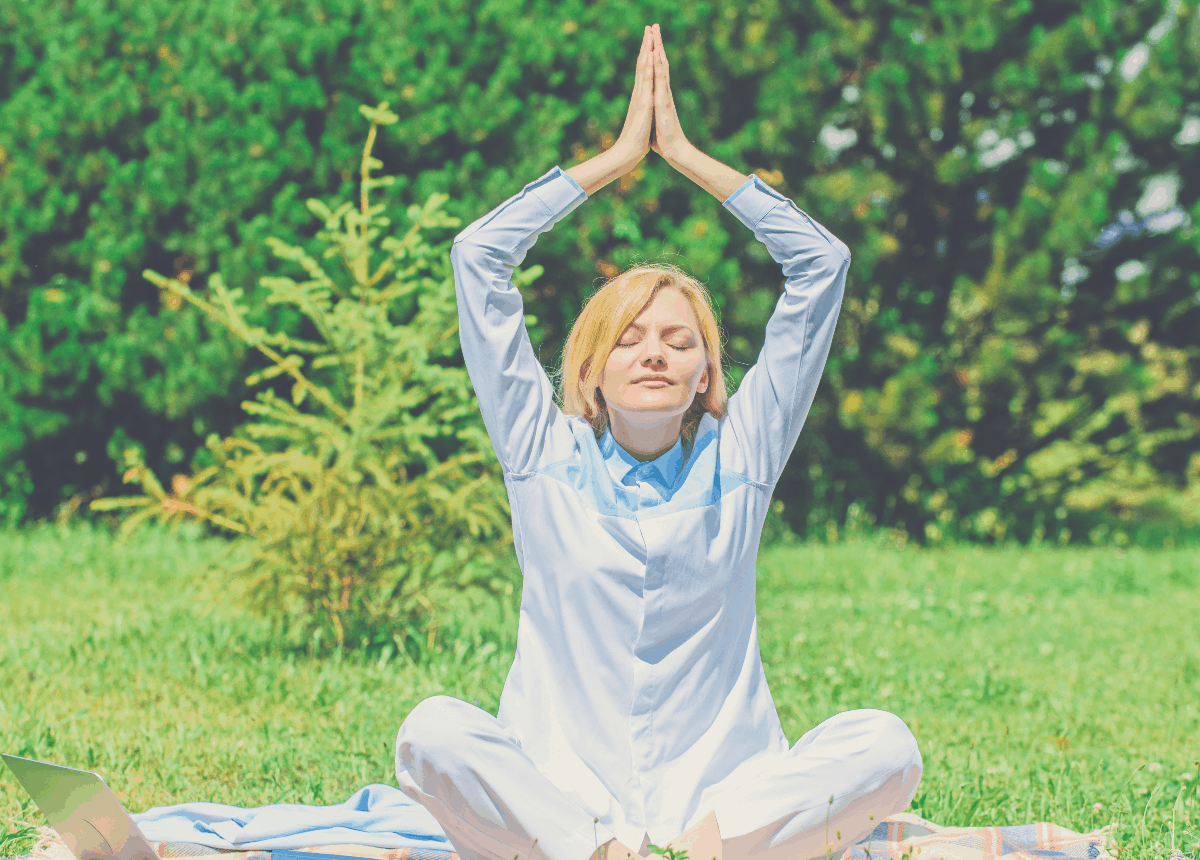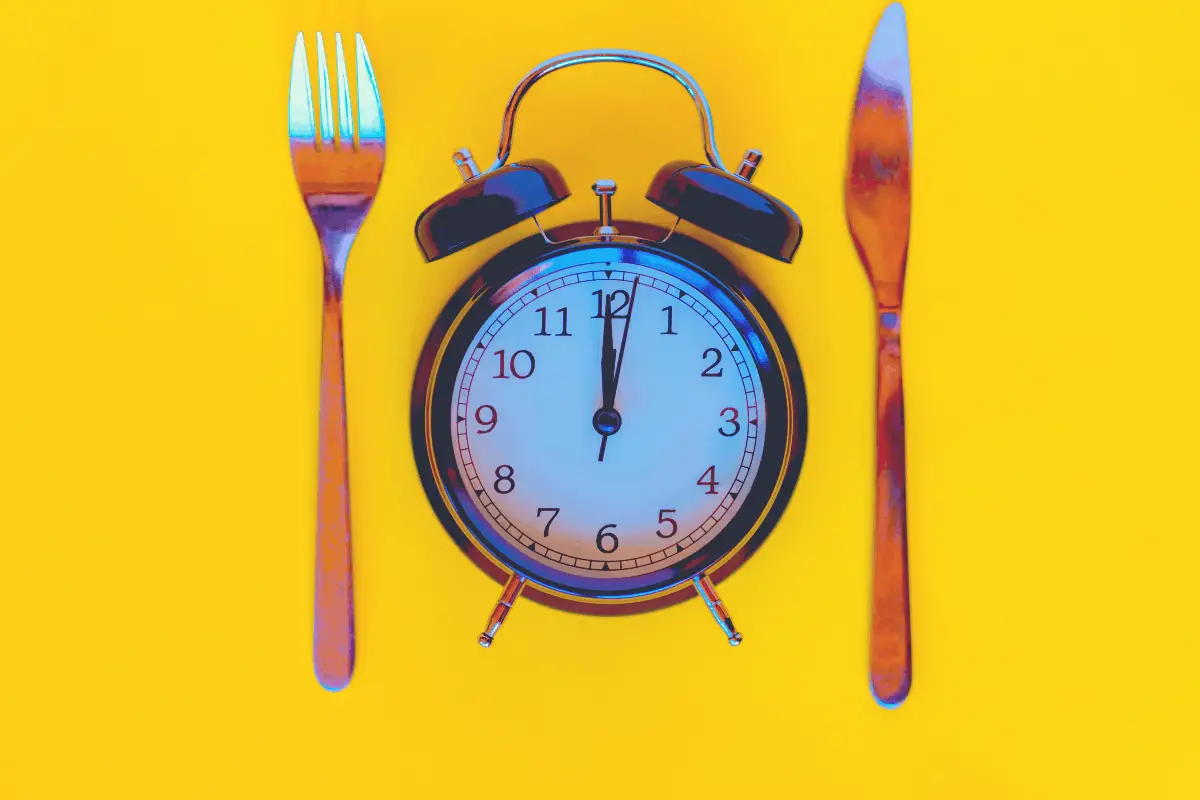Whether you’re fasting to shrink your waistline or for religious reasons, the urge to sleep is never far away. However, there’s a huge debate as to whether sleeping is bad during religious fasts or even for weight loss. And you’re probably here right now to look for answers to the never-ending debate.
How do you sleep during fasting? It can be hard to sleep when you are hungry. The best way is to plan your sleeping schedule beforehand. Therefore you adjust your body to get tired at the same timeframe each day. Read further to learn about how to improve your sleep quality during fasting.
Is it OK to sleep during religious fasting? Taking a short nap when fasting is generally OK regardless of your underlying reasons for depriving your body of food and water in the first place.
How to Improve Sleep Quality During Fasting
It is open knowledge that getting quality sleep is critical to a healthy life. Those who sleep better tend to live longer. Also, sleep deprivation has been linked with so many problems ranging from lower productivity to obesity and diabetes.
A good night’s sleep becomes even more critical during a period of fasting. This is because the body loses its consistent supply of food nutrients and sometimes water during fasting. The result is blood glucose levels taking a huge dip which leads to fatigue and lower productivity.
This is why getting the right amount and quality of sleep is so important. Here are 5 critical steps to improve your sleep when fasting.
1. Avoid Oversleeping or Undersleeping
Do you need to sleep less when fasting? The answer is a resounding no. Sleeping less than your regular number of hours can be detrimental to your health in many ways. It can even affect the ability to sleep in the future.
Also, a lack of sleep can mess up your moods and make you feel grumpy. When you’re working towards spiritual advancement during a religious fast, a bad mood is the last thing you need.
Additionally, inadequate sleep weakens the body quickly. With your energy levels already low due to the lack of food and water, you could face a rapid physical decline.
Oversleeping during fasting is no good either. It can lower your energy levels further meaning day-to-day tasks may become harder. This also limits your ability to pray and meditate in the case of religious fasts.
2. Avoid Overeating When Breaking Your Fast

No matter how long it takes, you’ll have to break your fast at some point. Note that there are a lot of temptations during the fast-breaking period. After several hours of food deprivation, you may feel the need to make up for the lost time by eating as much as you can.
However, filling up your plate with thousands of calories after a period of fasting is not the way to go for multiple reasons. Firstly, it can be counterproductive to your weight loss efforts. Also, it can spell doom for your ability to sleep well after the feast.
Remember, the food you consume needs to be digested. And a heavy digestive process can take a toll on the body. Drifting off to sleep usually becomes more difficult when the body is trying to digest a heavy meal at the same time.
This is why you should stick to your regular food portions no matter your level of hunger after fasting. Also, make sure your meal consists of the right amount of carbs, proteins, and vitamins.
Keep in mind that staying away from calorie-rich foods such as white rice, pasta, and white bread can do wonders for your sleep too.
3. Take Short Naps
Short naps provide tremendous benefits during fasting. Sometimes, the lack of food and water can take a serious toll on your body. This can lead to a feeling of sleepiness during the daytime.
Unfortunately, this may happen while you’re at work. If your company has sleeping pods on-site then you can always get a power nap without stress.
Even if your employer frowns on sleeping at work, a short 20-minute nap during your lunch break may be all you need. This can boost your energy levels and revitalize your brain.
Short naps are better during fasting compared with longer naps for a variety of reasons.
Firstly, a longer nap can knock you off your feet meaning it’ll take some time for you to reclaim your previous concentration levels. Also, short naps commonly known as (power naps) are more convenient during office hours.
I recommend you check out the article we wrote on napping at work.
4. Unclutter Your Mind

Sleeping is as much of a mental exercise as it is physical. There are lots of studies to back the belief that you sleep better when your mind is free.
Depriving yourself of food, water, and other human essentials requires a lot of mental strength. And this is easy when the mind is not filled up with clutter. Therefore, detoxing the mind can boost your ability to sleep during fasting.
This is critical whether you’re intermittent fasting to lose weight or to gain spiritual growth. Remember, a free mind helps you create deeper divine connections. And this can be valuable for Christians, Muslims, or Hindus during fasting.
5. Ditch Coffee and Soda
One of the effects of drinking coffee is the repeated urge to urinate. This is because coffee acts as a mild diuretic in your body.
Coffee consumption during fasting can be terrible for your sleep. It can force you to wake up several times for bathroom visits throughout the night. This eventually distorts your sleep and leads to fatigue.
Soda is another popular drink that is terrible for you during fasting. Many brands such as Coca-Cola contain caffeine, which is the main ingredient in coffee.
Going through the scriptures of all the major religions points to this fact. Let us look into the relationship between fasting and sleeping across a few major religions.
Sleeping during Christian Fasting
Are Christians allowed to sleep during fasting? The answer is yes. The Bible explicitly states the importance of rest when tired. This is spelled out in Genesis Chapter 1 when God rests on the 7th day after engaging in creation for 6 straight days.
This is proof that there’s nothing against taking a nap when your body feels tired while fasting. But can you sleep all day during fasting to escape hunger?
Well, many devout Christians deprive themselves of food and water to build a stronger relationship with God. They believe doing this comes with many benefits. Thus, looking for shortcuts such as sleeping several hours a day to avoid feeling the effects of your hunger is wrong. It goes against everything Christianity teaches.
Also, Christians do not just starve themselves of food and water during fasting. They combine it with several rounds of prayer and this requires staying awake for much of the fasting period.
Sleeping During Ramadan Fasting
https://www.youtube.com/watch?v=Jof038cHElE
There are over 1.8 billion Muslims around the world. Apart from a few exceptions, every Muslim is obliged to observe Ramadan annually. This period involves fasting from dawn to sundown daily for 29-30 days to gain spiritual strength.
Muslims believe that denying themselves food and other bodily needs can purify their bodies and renew their relationship with God.
Sleeping during Ramadan fasting is perfectly OK. Many Muslims hold traditions late into the night during this period. This can disrupt their normal sleep routine necessitating the need for a 1-2 hour nap during the daytime.
Additionally, fasting can be a shock to the body due to a sudden decrease in the daily number of calories consumed. This can lead to fatigue and hence sleepiness during Ramadan. And since no religion bars adherents from resting when tired, it is OK to catch some ZZs when you feel like it.
However, you should avoid using sleep to while away time when fasting. Like other religions, fasting in Islam also requires additional spiritual activities such as praying.
Many Muslims believe you should undertake your normal daily routine with the only exception being the absence of food and water. This is why sports stars continue to train and play games during Ramadan.
Thus, spending all day in bed under the disguise of fasting can rob you of the desired spiritual rewards.
Does this mean you cannot take a daytime nap during Ramadan? The answer is no. If you’re tired, a short nap can restore your energy levels. Just try not to oversleep during your fast.
Sleeping During Hindu Fasting
Fasting is prevalent among Hindus. On average, devout Hindus fast more than their Christian and Muslim counterparts.
This is because many of them fast several times a week and during the various Hindu festivals.
Hindu Scriptures state that denying yourself food, water, and other daily essentials can put the body in tune with the soul. This improves the overall well-being of the individual by setting it up to meet its physical and spiritual demands.
Hindus use fasting as a way to develop restraint and build self-discipline. Like other religions, sleeping during fasting among Hindus is OK as long as it is not some cheating tactic.
Sleeping During Intermittent Fasting
Intermittent fasting is one of the most popular diets in the world today. With millions of followers across all walks of life, it is obvious that this diet is here to stay.
There are several formulas to choose from during intermittent fasting so it is up to the follower to decide which one works best for him or her. For instance, fasting for 16 hours a day and eating all your calories within an 8-hour window is very popular. Another formula involves fasting for 12 hours daily or fasting for 2 out of the 7 days every week.
Regardless of the specific formula you follow, sleeping can get tricky during intermittent fasting. The good news is that you can integrate your 7-8 hours of nightly sleep into your fasting period.
This should shorten those desperate warning signs of hunger which can get uncomfortable over time. Also, feeling hungry for only a few hours means you’re more likely to stick to the diet and ignore the temptation to cheat.
Related Questions
-
- Can you sleep during fasting?: Yes, you can, especially if your purpose is to lose weight. Also, taking a short nap when you’re feeling tired is OK during spiritual fasts. However, sleeping through a fast to kill time and escape the feeling of hunger is bad whether you’re a Christian, Muslim, or Hindu.
- Does fasting include sleep hours? Yes, the weight loss industry counts sleeping time as valid fasting time. For instance, if you’re following an 18-hour day intermittent fast, experts recommend timing your sleep to fall within those 18 hours. This will help shorten your hunger period until the cycle restarts.
- What happens if you fast for 24 hours? The liver and muscles extract glucose from the food we eat and release it as energy. However, any fast longer than 8 hours causes the body to burn stored fat into energy for the body’s usage.
- How does fasting affect sleep? Intermittent fasting can enhance sleep by burning excess fat and reducing inflammation. Fasting also reduces the impact of the digestive process on your body. This should allow you to sleep faster and deeper.
- Why does fasting keep you awake? An empty stomach keeps the mind alert which eliminates sleepiness. This is why many people stay awake during fasting.
Conclusion
We believe you can now appreciate the fact that sleeping during fasting is not bad. Even for religious folks, sleeping can be a great way to battle fatigue and regain some energy. Just don’t oversleep.
Hopefully, you’ll follow our tips for better sleep during fasting to improve your overall health. If you have any questions, please feel free to drop them here and we’ll be happy to respond.
Do you plan to take a short nap the next time you fast?
